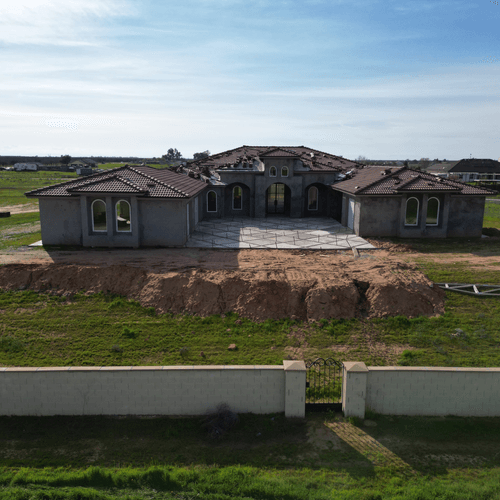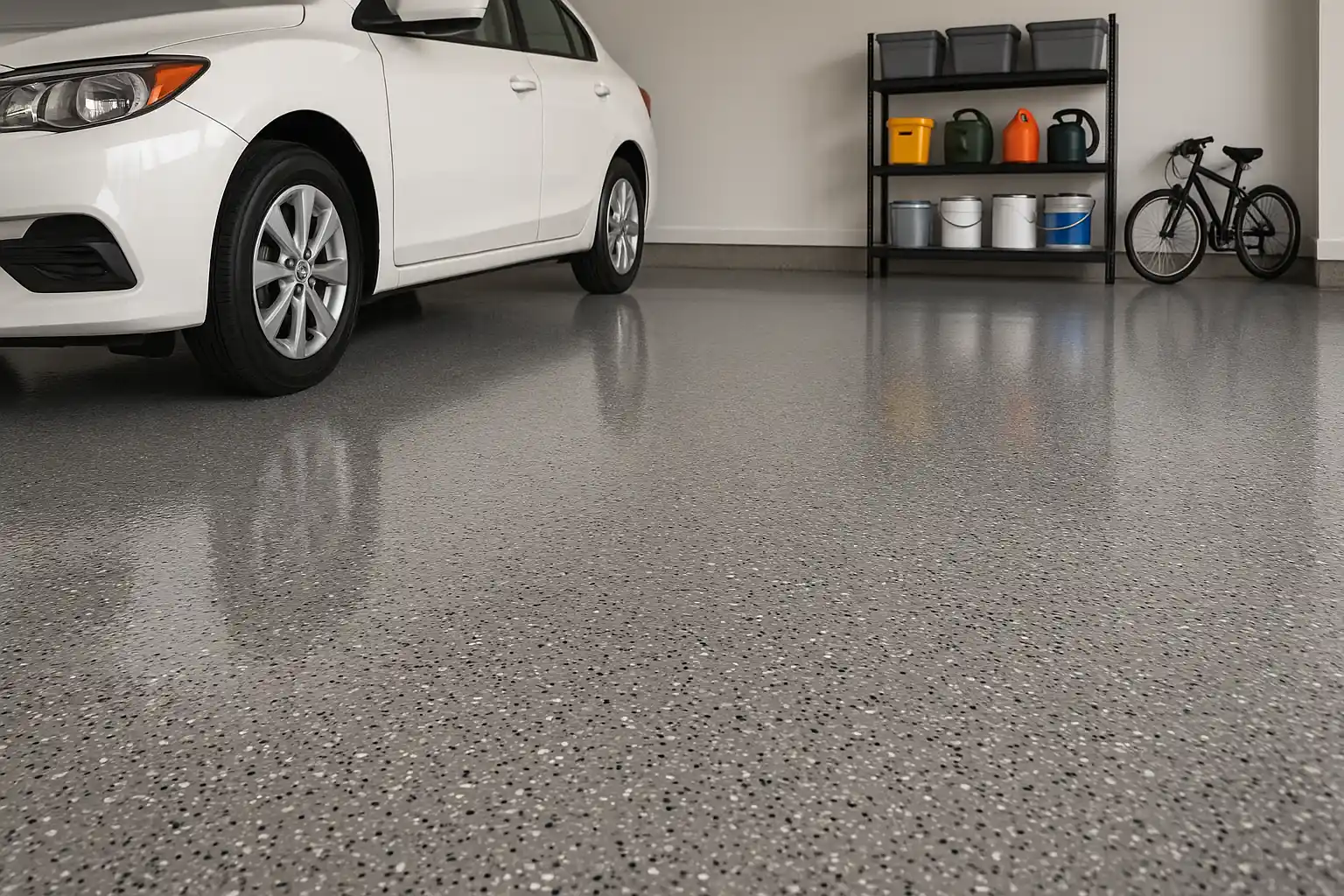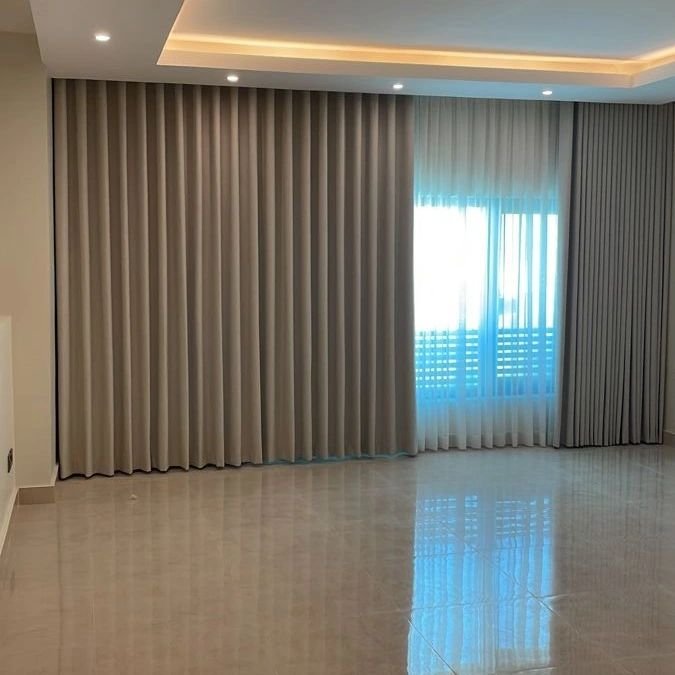Accessory Dwelling Units (ADUs) have become a game-changer in residential housing, offering homeowners a way to add functional space, generate rental income, and improve property value. With housing demand on the rise, ADU construction services are in higher demand than ever. These services go beyond just building — they involve design planning, permitting, and project management to deliver a turnkey solution.
If you’re considering building an ADU, it’s essential to understand what ADU construction services include, why they matter, and how to select a team that will help you achieve the best results.
What Are ADU Construction Services?
ADU construction services cover the entire process of creating a secondary housing unit on your property. These services typically include:
- Consultation and Site Evaluation: Professionals assess your property to determine the best location and type of ADU that can be built within local zoning rules.
- Design and Planning: Architects and designers create a functional floor plan, taking into account your preferences, lot size, and city requirements.
- Permit Acquisition: Contractors handle the paperwork and work with local authorities to secure building permits.
- Construction: The team performs demolition (if needed), foundation work, framing, plumbing, electrical, and finishing touches.
- Inspection and Final Approval: Ensures your ADU meets safety codes and can be legally occupied.
Full-service ADU contractors manage these steps seamlessly, saving you the stress of coordinating multiple professionals.
Types of ADUs You Can Build
Before you hire ADU construction services, it’s helpful to know the different types of ADUs available:
- Detached ADU: A separate, stand-alone structure on your property, often built in the backyard.
- Attached ADU: Shares a wall with your main house but has its own entrance and utilities.
- Garage Conversion: Transforms an existing garage into a livable unit.
- Basement ADU: Converts a basement into a separate dwelling space with a private entrance.
- Interior ADU: Reconfigures unused space inside the main home, like an attic or large room.
Each option has different construction costs and timelines. An experienced contractor will help you choose the right one based on your goals and budget.
Why Professional ADU Construction Services Matter
Building an ADU is not a DIY project. It involves strict compliance with building codes, engineering requirements, and permitting processes. Professional ADU construction services ensure:
- Regulatory Compliance: They understand local zoning laws, setback requirements, and height limits.
- Efficient Project Management: Experienced teams streamline communication and scheduling, reducing delays.
- Quality Craftsmanship: Licensed builders use proper techniques and materials for a long-lasting result.
- Budget Control: Transparent cost estimates help avoid unpleasant financial surprises.
By hiring professionals, you gain peace of mind that your investment is handled properly from start to finish.https://techners.net/
The Process of ADU Construction
Most ADU construction projects follow a similar step-by-step process.
1. Initial Consultation
The contractor meets with you to discuss your goals, budget, and preferred ADU type. They inspect your property to assess feasibility.
2. Design and Budgeting
Designers create a floor plan, and you receive an itemized estimate. This phase often includes choosing finishes, fixtures, and energy-efficient options.
3. Permitting and Approvals
Your contractor submits the plans to the city for review. This can take several weeks, depending on your location.
4. Construction Phase
Once permits are approved, construction begins. This phase includes site preparation, pouring the foundation, framing, electrical, plumbing, insulation, and finishing work.
5. Final Inspections and Handover
The city conducts inspections at key stages, and once approved, your contractor hands over a fully functional ADU ready for occupancy.
Cost Factors for ADU Construction
The cost of building an ADU depends on several variables:
- Size and Layout: Larger units require more materials and labor.
- Type of ADU: Detached units are typically more expensive than garage conversions or interior ADUs.
- Site Conditions: Sloped lots or properties requiring utility upgrades can raise costs.
- Materials and Finishes: High-end finishes and energy-efficient appliances increase the price but add long-term value.
- Labor Rates in Your Area: Construction costs vary by region, so local market conditions matter.
On average, ADU construction can range from $150,000 to $300,000 or more for detached units. Working with a contractor who provides detailed estimates ensures you understand where your money is going.
How to Choose the Right ADU Construction Company
When comparing ADU construction services, focus on more than just price. Consider these factors:
- Experience: Look for a contractor with a portfolio of completed ADU projects.
- Licensing and Insurance: Verify they are fully licensed and insured in your state.
- Reputation: Read online reviews and request client references.
- Transparency: A good contractor provides clear timelines and detailed contracts.
- Communication: Choose a team that is responsive and keeps you informed throughout the process.
Interview at least three companies before making a decision. A reputable contractor will be happy to answer your questions and walk you through their process.
Design Tips for a Successful ADU
Good design makes a small space feel spacious and inviting. Here are a few tips to discuss with your contractor:
- Open Floor Plan: Avoid unnecessary walls to create an airy, open feel.
- Maximize Natural Light: Use large windows, skylights, and glass doors to make the unit feel larger.
- Built-In Storage: Optimize every inch with built-in cabinets, shelving, and multipurpose furniture.
- Outdoor Connection: Add a patio or deck to extend the living space outdoors.
- Energy Efficiency: Install efficient HVAC systems, LED lighting, and insulation to reduce long-term costs.
A well-designed ADU is not just functional — it enhances your property’s value and provides a comfortable living environment.












Leave a Reply